American Heart Month: Wear Red Day
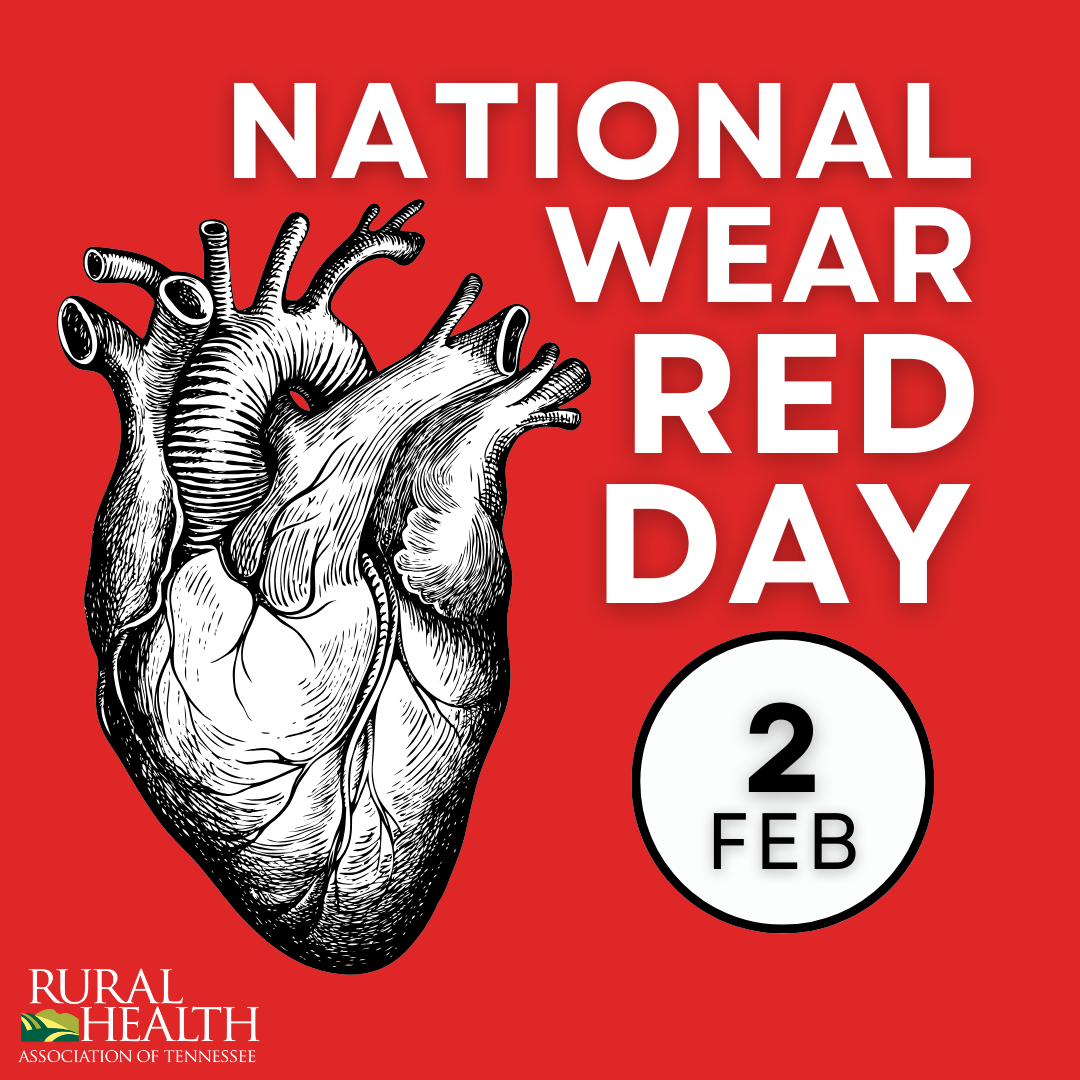 February is recognized as American Heart Month, a dedicated period to raise awareness about heart health and encourage individuals to adopt heart-healthy lifestyles. Cardiovascular diseases remain a leading cause of death globally, and American Heart Month serves as an important opportunity to educate the public about the risk factors associated with heart disease and the preventive measures that can be taken. During this month, various organizations, healthcare professionals, and communities come together to promote heart health through events, campaigns, and educational initiatives.
February is recognized as American Heart Month, a dedicated period to raise awareness about heart health and encourage individuals to adopt heart-healthy lifestyles. Cardiovascular diseases remain a leading cause of death globally, and American Heart Month serves as an important opportunity to educate the public about the risk factors associated with heart disease and the preventive measures that can be taken. During this month, various organizations, healthcare professionals, and communities come together to promote heart health through events, campaigns, and educational initiatives.
One notable event within American Heart Month is "Wear Red Day," celebrated on the first Friday of February. This day is specifically aimed at raising awareness about heart disease in women. Heart disease is often mistakenly considered a predominantly male issue, but it affects women at alarming rates. Wear Red Day encourages people to wear red clothing to show their support for heart health and to spark conversations about the importance of preventing heart disease in both men and women. The American Heart Association (AHA) is a key supporter of Wear Red Day, providing resources and information to help individuals understand the risks and take steps towards a heart-healthy lifestyle.


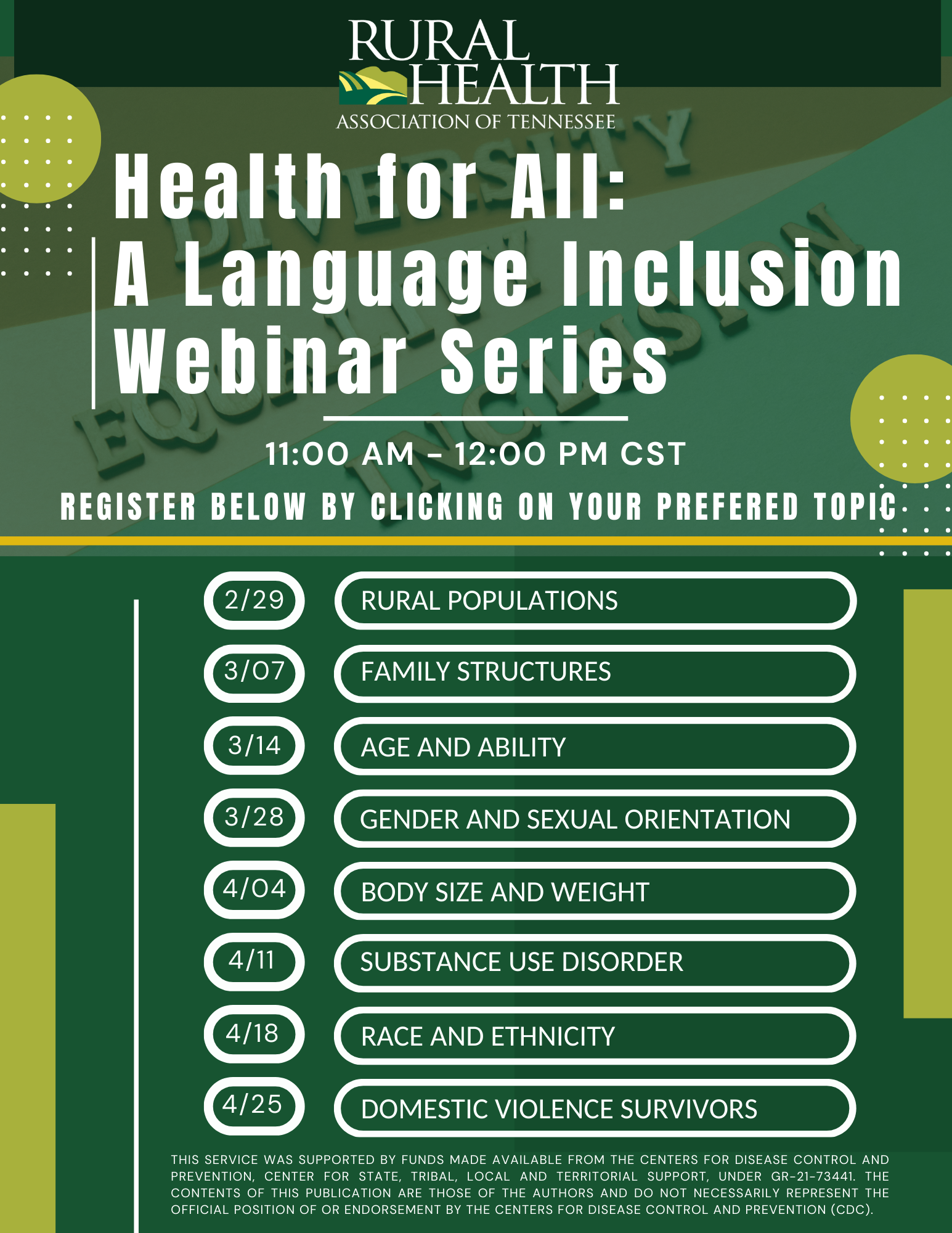 Join us for an eight-week webinar series, "Health for All: A Language Inclusion Webinar Series," to discuss varying populations within our rural communities that experience a larger gap in health disparities. This webinar series will be held weekly beginning on February 29th at 11am CST and go through April 25th.
Join us for an eight-week webinar series, "Health for All: A Language Inclusion Webinar Series," to discuss varying populations within our rural communities that experience a larger gap in health disparities. This webinar series will be held weekly beginning on February 29th at 11am CST and go through April 25th.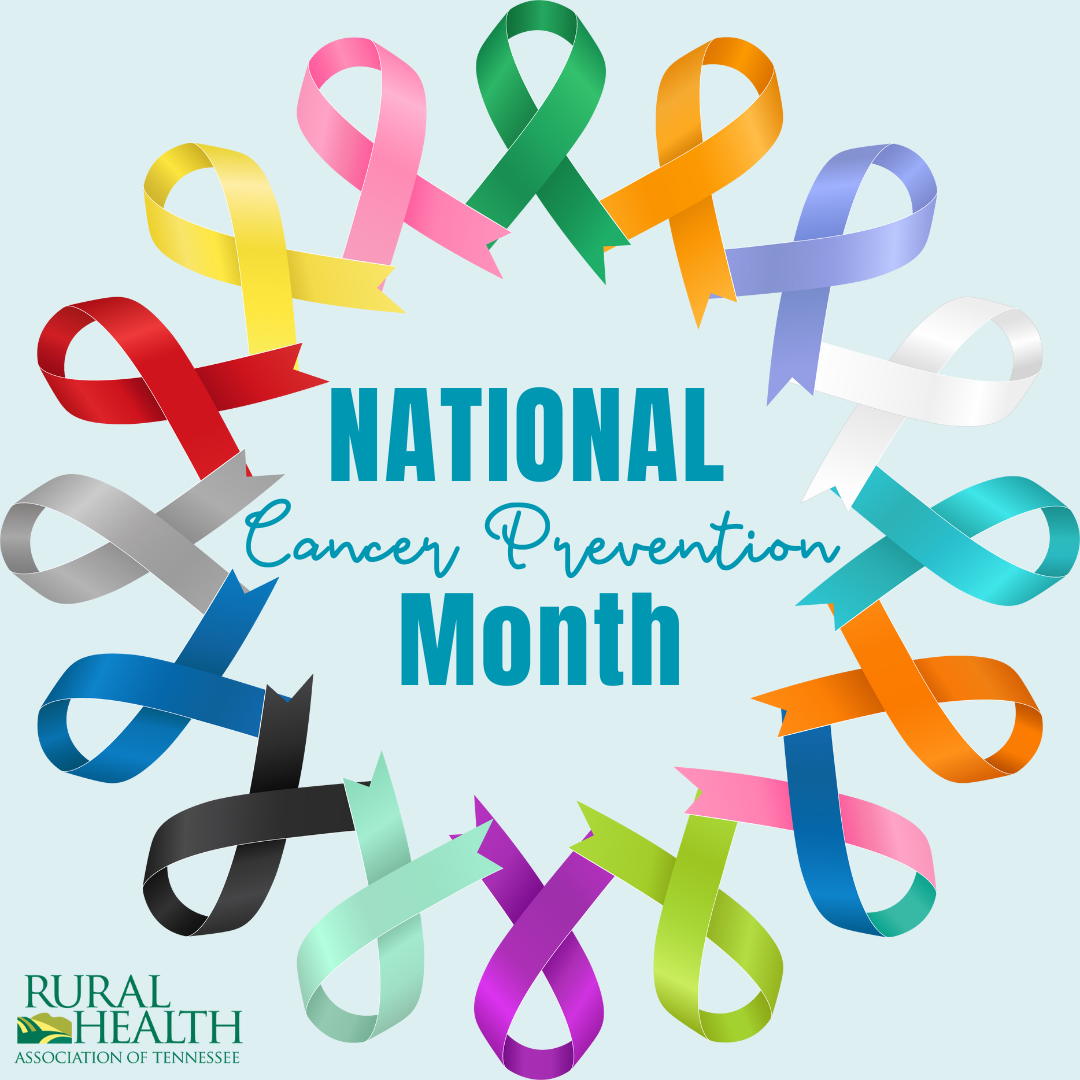 National Cancer Prevention Month, observed every February, is a crucial awareness initiative that underscores the significance of proactive measures in reducing the risk of cancer. This month serves as a platform to educate individuals about lifestyle choices, early detection, and regular screenings that can contribute to preventing various types of cancer. By promoting healthy behaviors such as maintaining a balanced diet, engaging in regular physical activity, avoiding tobacco and excessive alcohol consumption, individuals can significantly lower their risk of developing cancer.
National Cancer Prevention Month, observed every February, is a crucial awareness initiative that underscores the significance of proactive measures in reducing the risk of cancer. This month serves as a platform to educate individuals about lifestyle choices, early detection, and regular screenings that can contribute to preventing various types of cancer. By promoting healthy behaviors such as maintaining a balanced diet, engaging in regular physical activity, avoiding tobacco and excessive alcohol consumption, individuals can significantly lower their risk of developing cancer.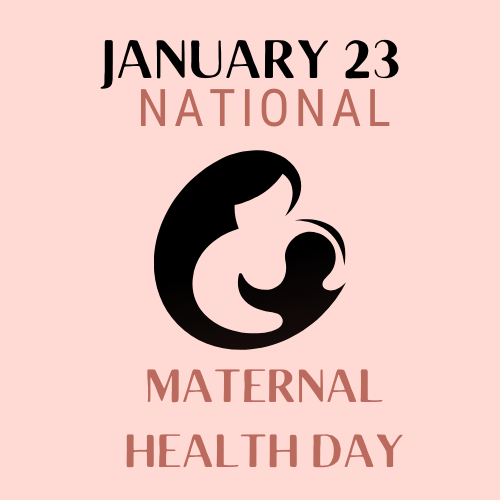 Maternal health is a critical aspect of overall well-being, and its significance is particularly pronounced in rural communities. In these areas, access to quality healthcare resources is often limited, posing unique challenges for pregnant women and new mothers. The lack of easily accessible healthcare facilities, skilled professionals, and educational programs can lead to delayed or inadequate prenatal care, increasing the risk of complications during pregnancy and childbirth. Addressing maternal health in rural communities is essential for ensuring the health and survival of both mothers and their newborns.
Maternal health is a critical aspect of overall well-being, and its significance is particularly pronounced in rural communities. In these areas, access to quality healthcare resources is often limited, posing unique challenges for pregnant women and new mothers. The lack of easily accessible healthcare facilities, skilled professionals, and educational programs can lead to delayed or inadequate prenatal care, increasing the risk of complications during pregnancy and childbirth. Addressing maternal health in rural communities is essential for ensuring the health and survival of both mothers and their newborns.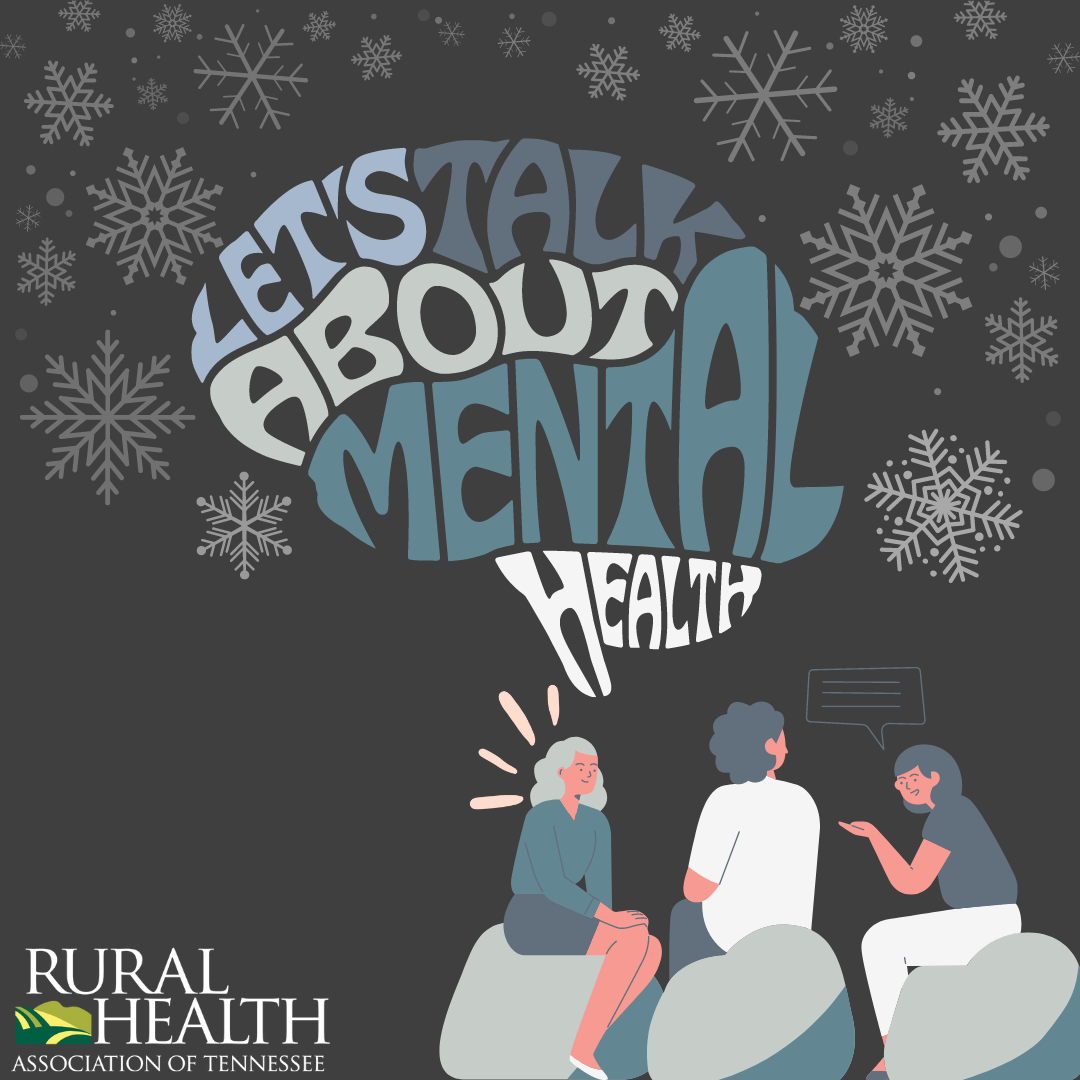 Navigating the winter months with mental health disorders can be particularly challenging due to factors such as reduced sunlight, colder temperatures, and the holiday season. Seasonal Affective Disorder (SAD), a form of depression associated with changes in seasons, often intensifies during winter. To mitigate its effects, individuals can explore light therapy, spending time outdoors during daylight hours, and incorporating light-enhancing activities into their daily routines. Additionally, maintaining a consistent sleep schedule is crucial for stabilizing mood and energy levels, as disruptions to sleep patterns can exacerbate symptoms of various mental health disorders.
Navigating the winter months with mental health disorders can be particularly challenging due to factors such as reduced sunlight, colder temperatures, and the holiday season. Seasonal Affective Disorder (SAD), a form of depression associated with changes in seasons, often intensifies during winter. To mitigate its effects, individuals can explore light therapy, spending time outdoors during daylight hours, and incorporating light-enhancing activities into their daily routines. Additionally, maintaining a consistent sleep schedule is crucial for stabilizing mood and energy levels, as disruptions to sleep patterns can exacerbate symptoms of various mental health disorders.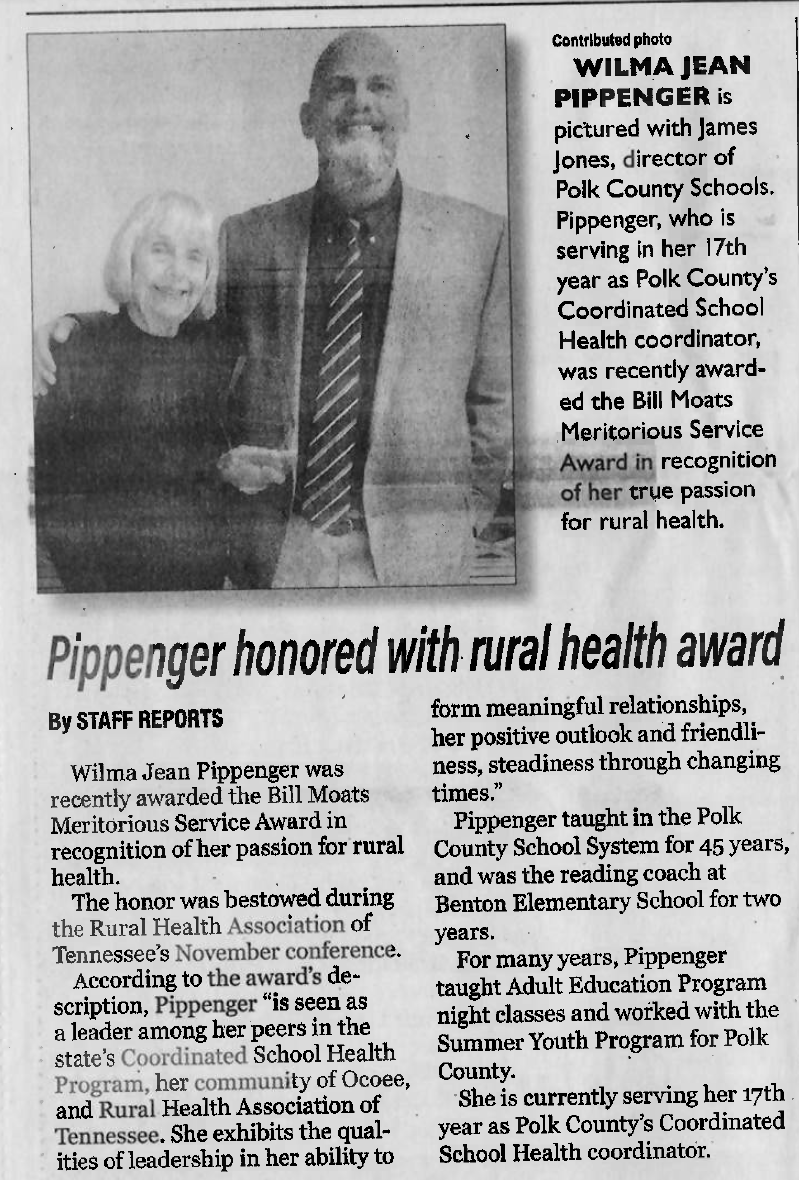
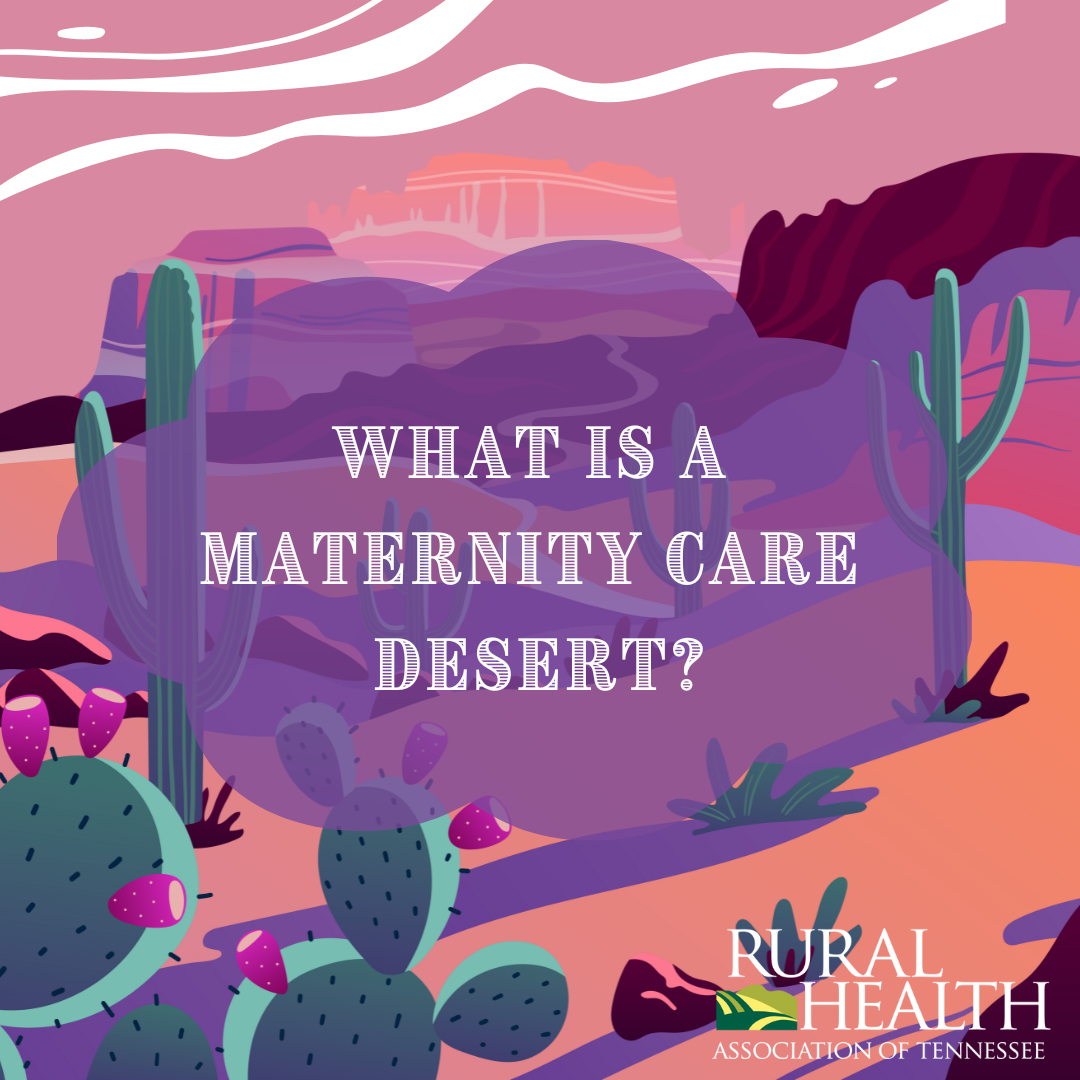 Maternity care deserts pose a significant challenge to rural Tennesseans, where access to comprehensive maternal healthcare services is often limited. In these areas, the shortage of obstetricians, gynecologists, and maternity care facilities creates what are essentially maternity care deserts. Pregnant individuals in rural Tennessee face increased difficulties in finding accessible and timely prenatal care, essential for monitoring the health of both mother and baby throughout pregnancy. The absence of nearby obstetric care providers in these deserts contributes to delayed or inadequate medical attention, leading to potential complications during pregnancy and childbirth.
Maternity care deserts pose a significant challenge to rural Tennesseans, where access to comprehensive maternal healthcare services is often limited. In these areas, the shortage of obstetricians, gynecologists, and maternity care facilities creates what are essentially maternity care deserts. Pregnant individuals in rural Tennessee face increased difficulties in finding accessible and timely prenatal care, essential for monitoring the health of both mother and baby throughout pregnancy. The absence of nearby obstetric care providers in these deserts contributes to delayed or inadequate medical attention, leading to potential complications during pregnancy and childbirth.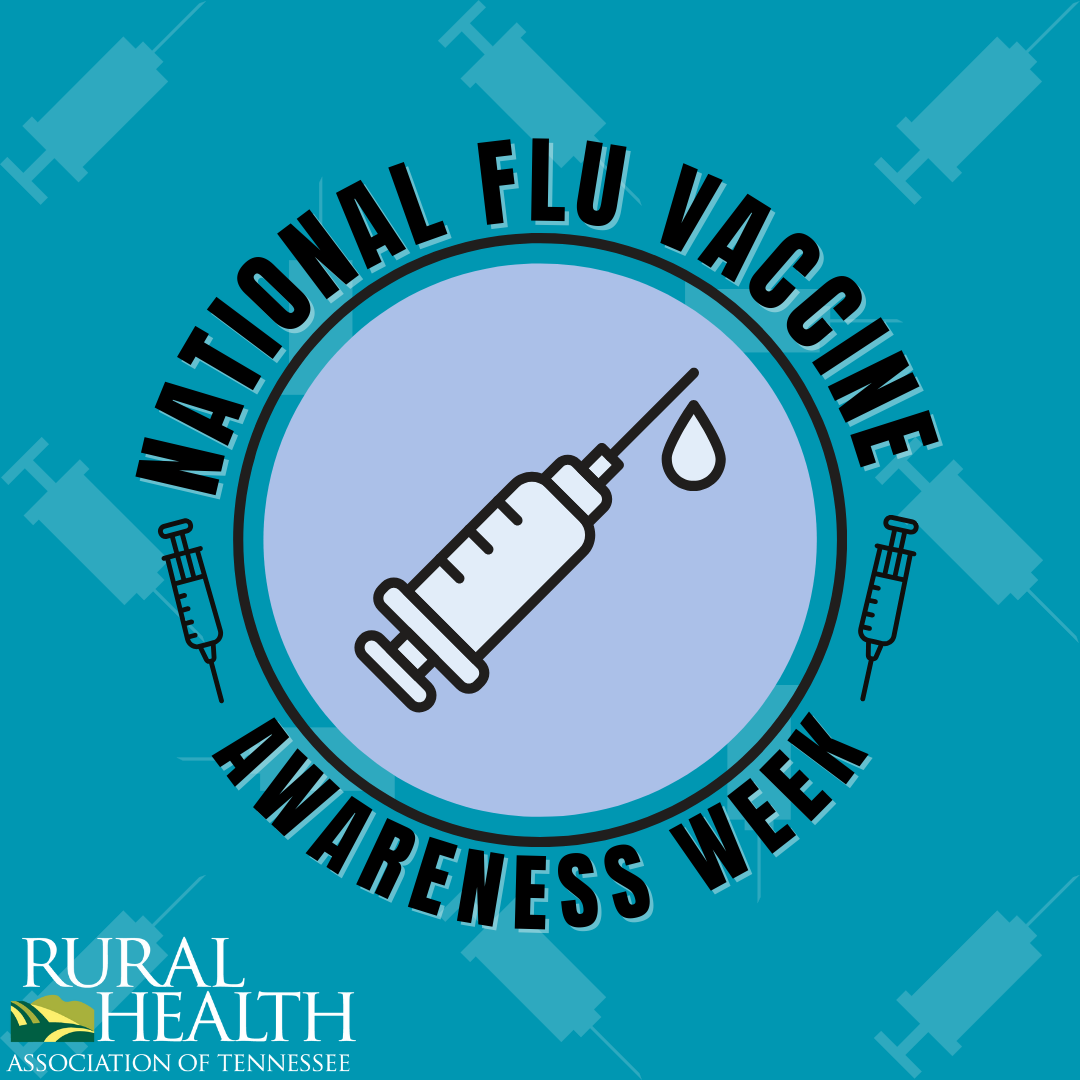 Vaccine hesitancy in rural areas often stems from a combination of factors, including distrust in healthcare systems, concerns about vaccine safety, and the influence of tight-knit community networks. National Flu Vaccine Awareness Week provides an opportunity to engage local leaders, community influencers, and healthcare providers in initiating conversations about the importance of vaccination. By fostering open and transparent communication, public health campaigns can work towards dispelling myths and addressing specific concerns that contribute to hesitancy, ultimately building trust and encouraging higher vaccine uptake.
Vaccine hesitancy in rural areas often stems from a combination of factors, including distrust in healthcare systems, concerns about vaccine safety, and the influence of tight-knit community networks. National Flu Vaccine Awareness Week provides an opportunity to engage local leaders, community influencers, and healthcare providers in initiating conversations about the importance of vaccination. By fostering open and transparent communication, public health campaigns can work towards dispelling myths and addressing specific concerns that contribute to hesitancy, ultimately building trust and encouraging higher vaccine uptake.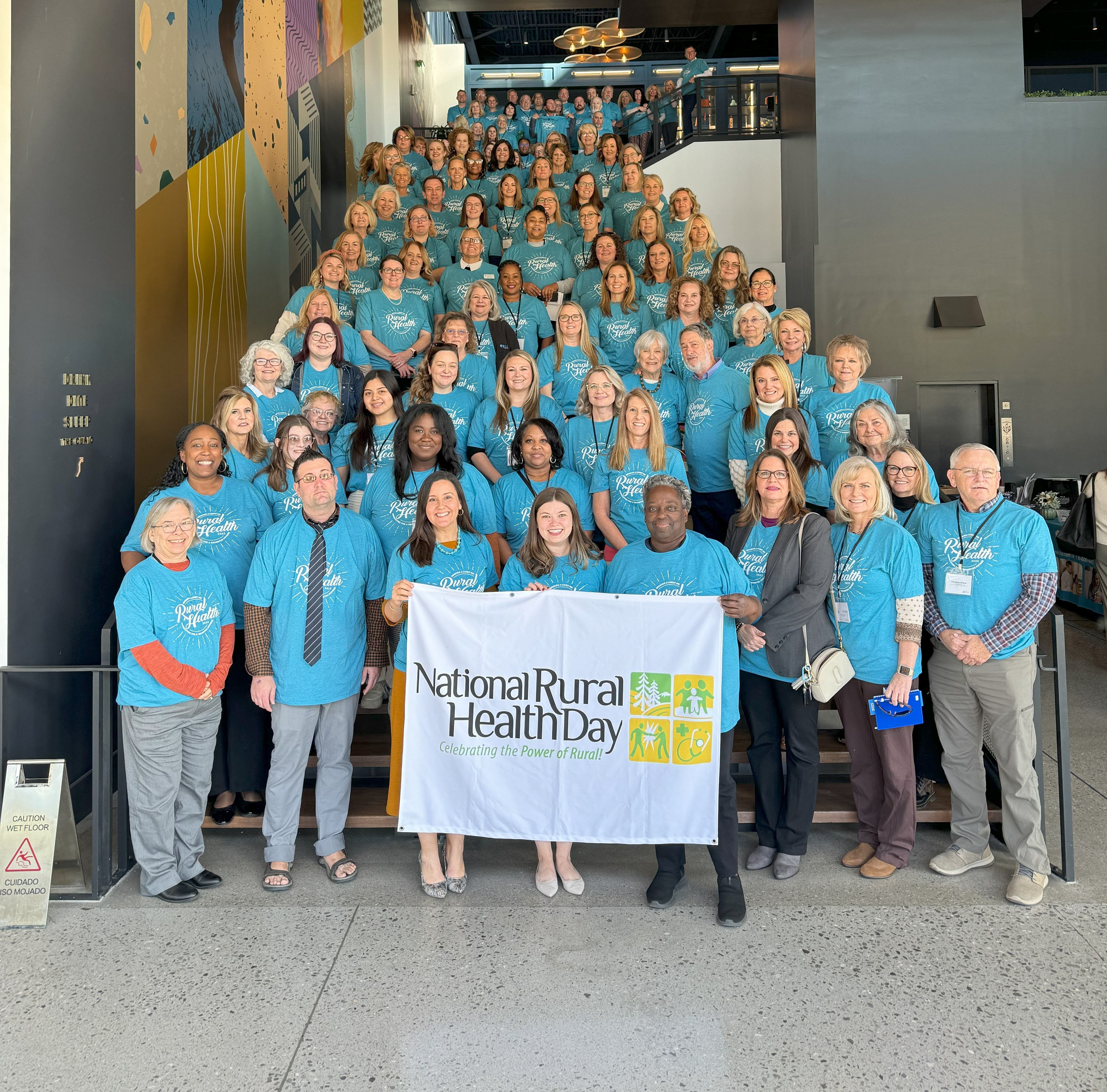
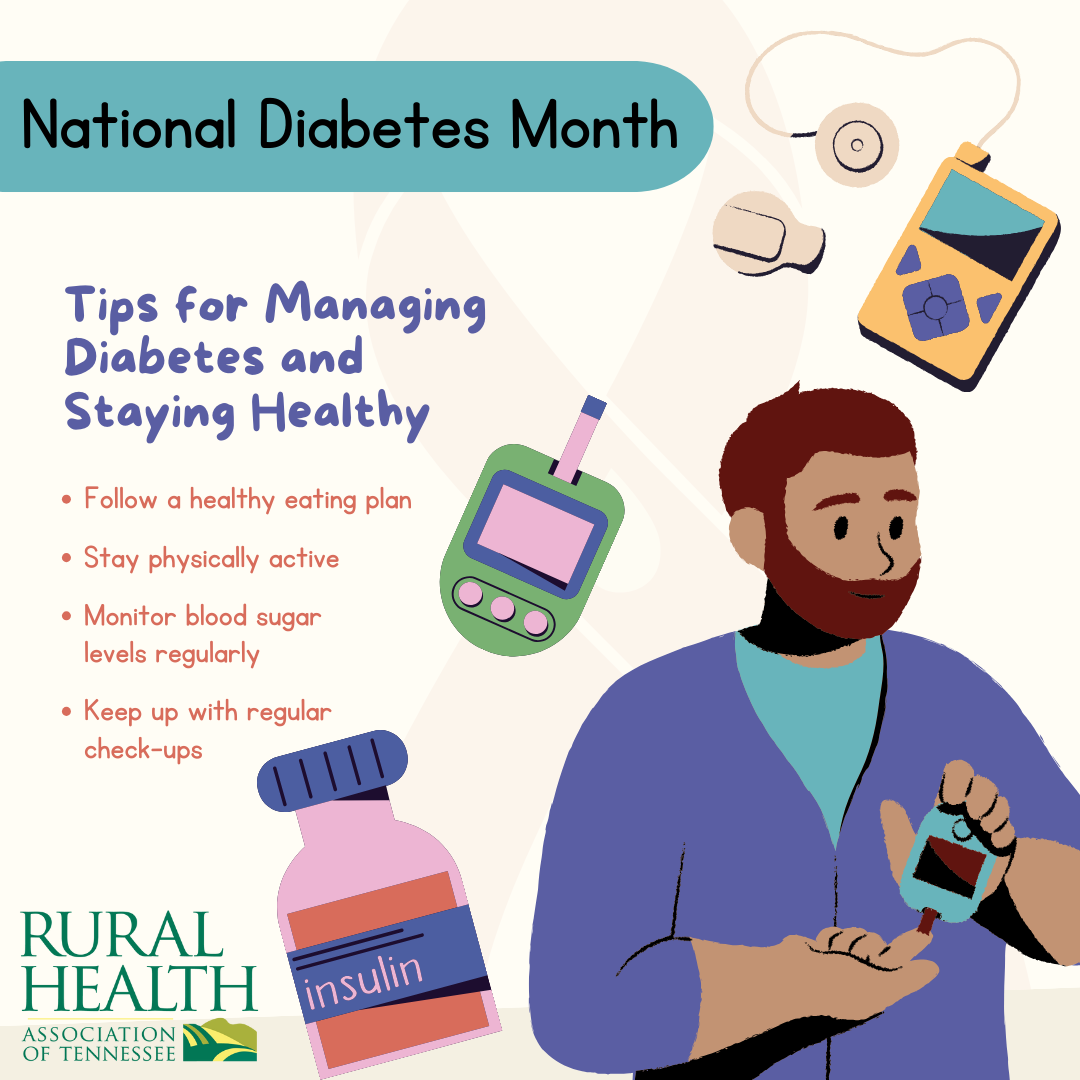 Diabetes presents a growing health challenge in rural areas, shedding light on the importance of increased awareness and targeted interventions. In many rural communities, limited access to healthcare facilities, lower socioeconomic status, and a lack of public awareness compound the difficulties of managing diabetes. Routine health check-ups are often scarce, making early detection and monitoring of diabetes less likely. Risk factors such as poor dietary choices and limited opportunities for physical activity in rural areas can contribute to the higher incidence of diabetes. It is crucial to raise awareness about diabetes in these regions to help individuals understand the disease, its risk factors, and the resources available for prevention and management.
Diabetes presents a growing health challenge in rural areas, shedding light on the importance of increased awareness and targeted interventions. In many rural communities, limited access to healthcare facilities, lower socioeconomic status, and a lack of public awareness compound the difficulties of managing diabetes. Routine health check-ups are often scarce, making early detection and monitoring of diabetes less likely. Risk factors such as poor dietary choices and limited opportunities for physical activity in rural areas can contribute to the higher incidence of diabetes. It is crucial to raise awareness about diabetes in these regions to help individuals understand the disease, its risk factors, and the resources available for prevention and management.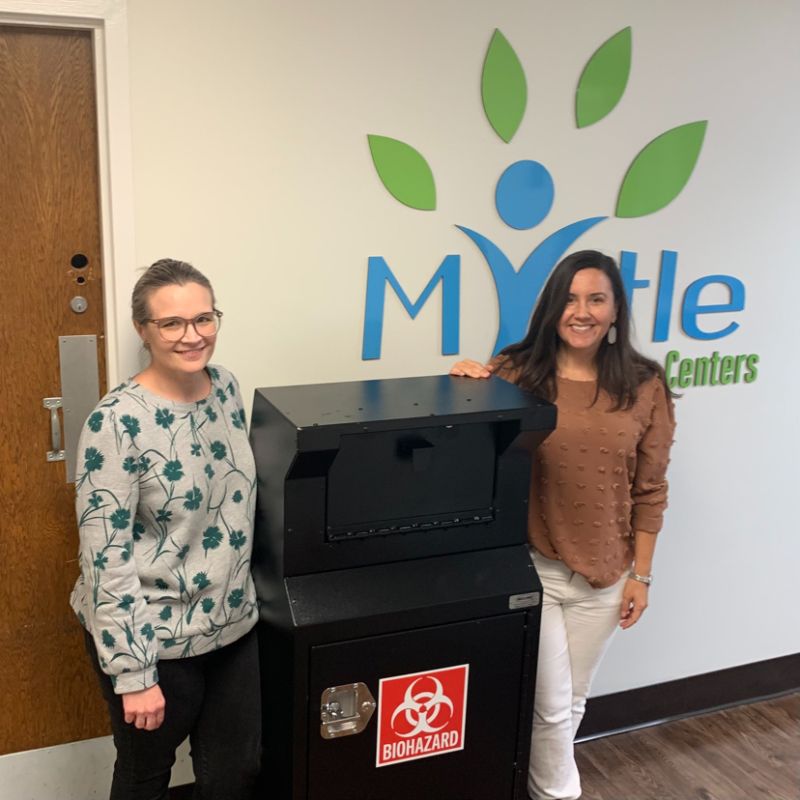
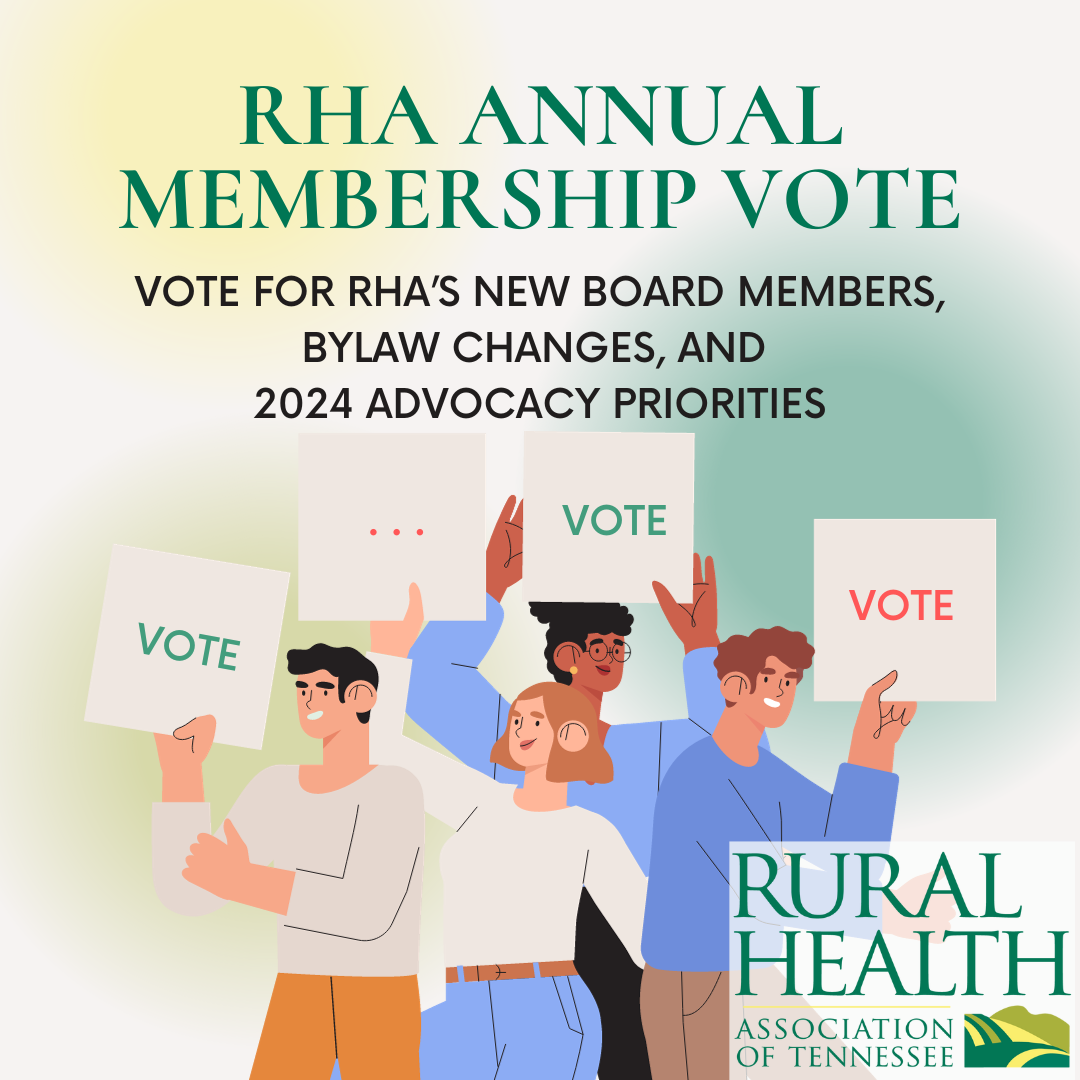 The 2023 Membership Voting is open
The 2023 Membership Voting is open 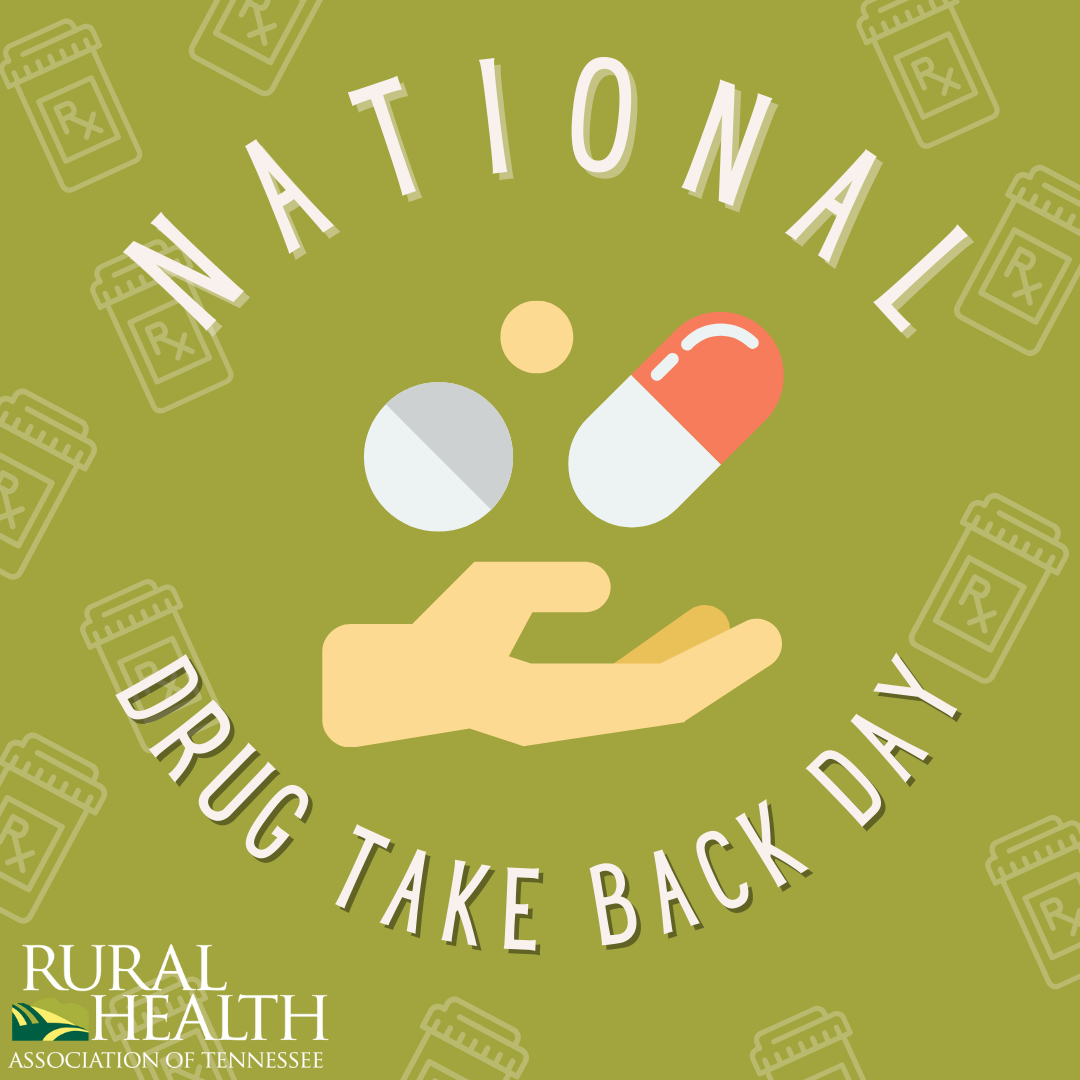 October 28th is recognized as National Drug Take Back Day.
October 28th is recognized as National Drug Take Back Day.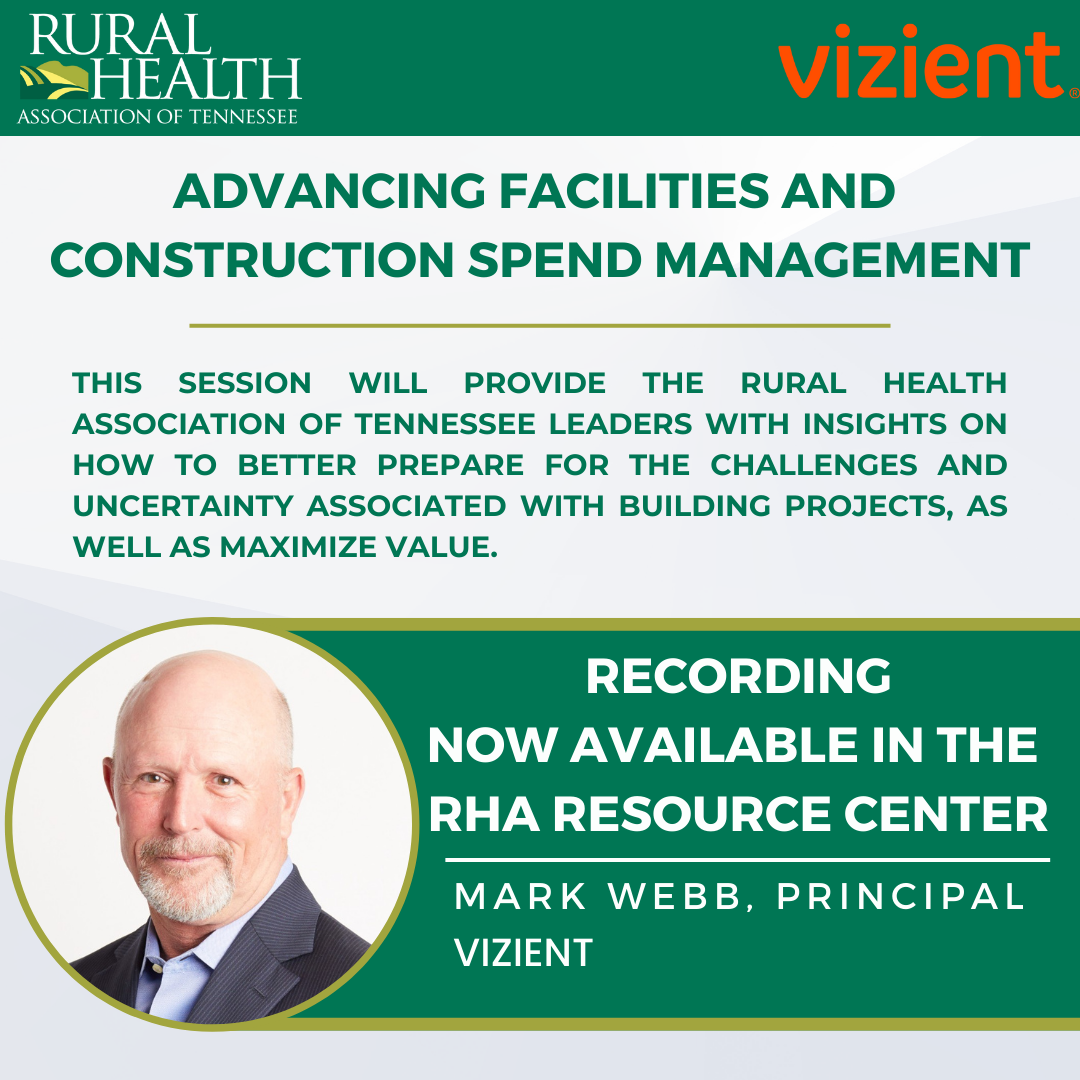
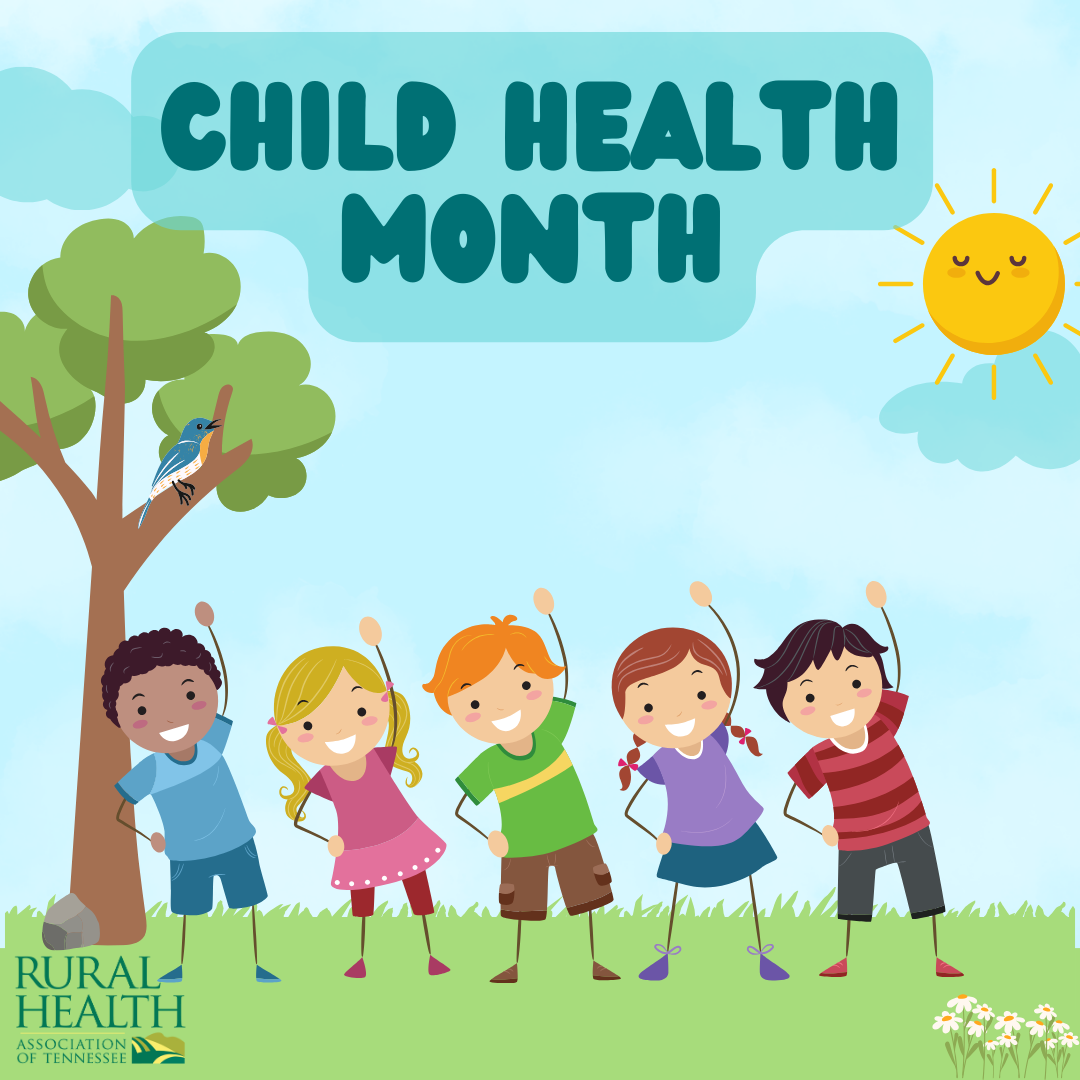 This October we would like to send a thank you to all our members fighting for a healthier Tennesse for our youth. Child Health Month in Tennessee is a significant annual observance dedicated to raising awareness and advocating for the well-being of children in the state. Throughout the month of October, we ask everyone to join is in promoting a healthier lifestyle and preventive healthcare measures, such as vaccinations, regular check-ups, proper nutrition, and sharing mental health resources to ensure that children in Tennessee are able to have a long healthy life.
This October we would like to send a thank you to all our members fighting for a healthier Tennesse for our youth. Child Health Month in Tennessee is a significant annual observance dedicated to raising awareness and advocating for the well-being of children in the state. Throughout the month of October, we ask everyone to join is in promoting a healthier lifestyle and preventive healthcare measures, such as vaccinations, regular check-ups, proper nutrition, and sharing mental health resources to ensure that children in Tennessee are able to have a long healthy life.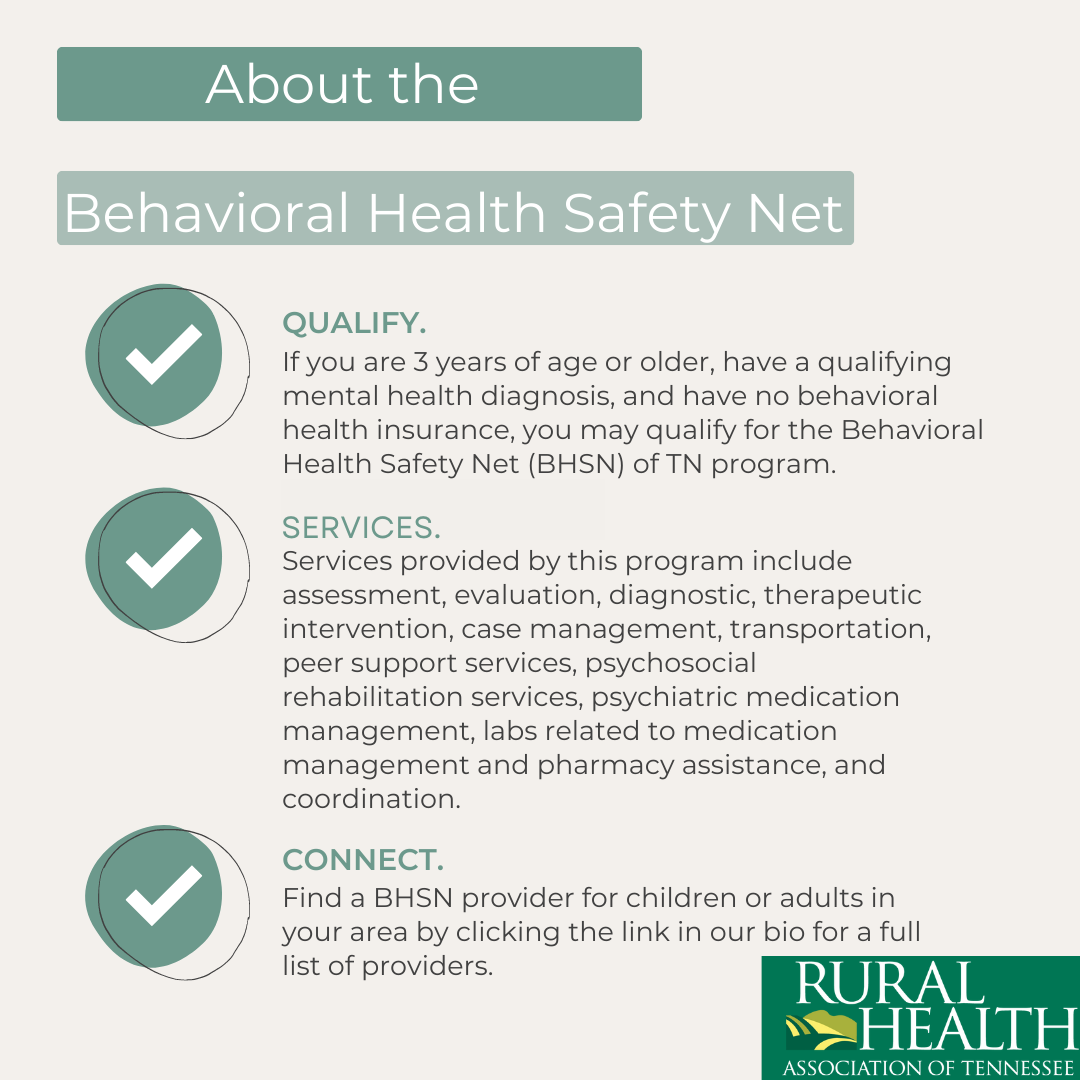 The Behavioral Health Safety Net System in Tennessee, known as BHSN of TN, is a crucial resource for adults aged 18 and older who lack insurance coverage but meet the necessary eligibility criteria. This program offers essential community-based behavioral health services, with the exception of inpatient care, which is not covered. BHSN of TN is effectively administered through contracts with Community Mental Health Agencies statewide.
The Behavioral Health Safety Net System in Tennessee, known as BHSN of TN, is a crucial resource for adults aged 18 and older who lack insurance coverage but meet the necessary eligibility criteria. This program offers essential community-based behavioral health services, with the exception of inpatient care, which is not covered. BHSN of TN is effectively administered through contracts with Community Mental Health Agencies statewide.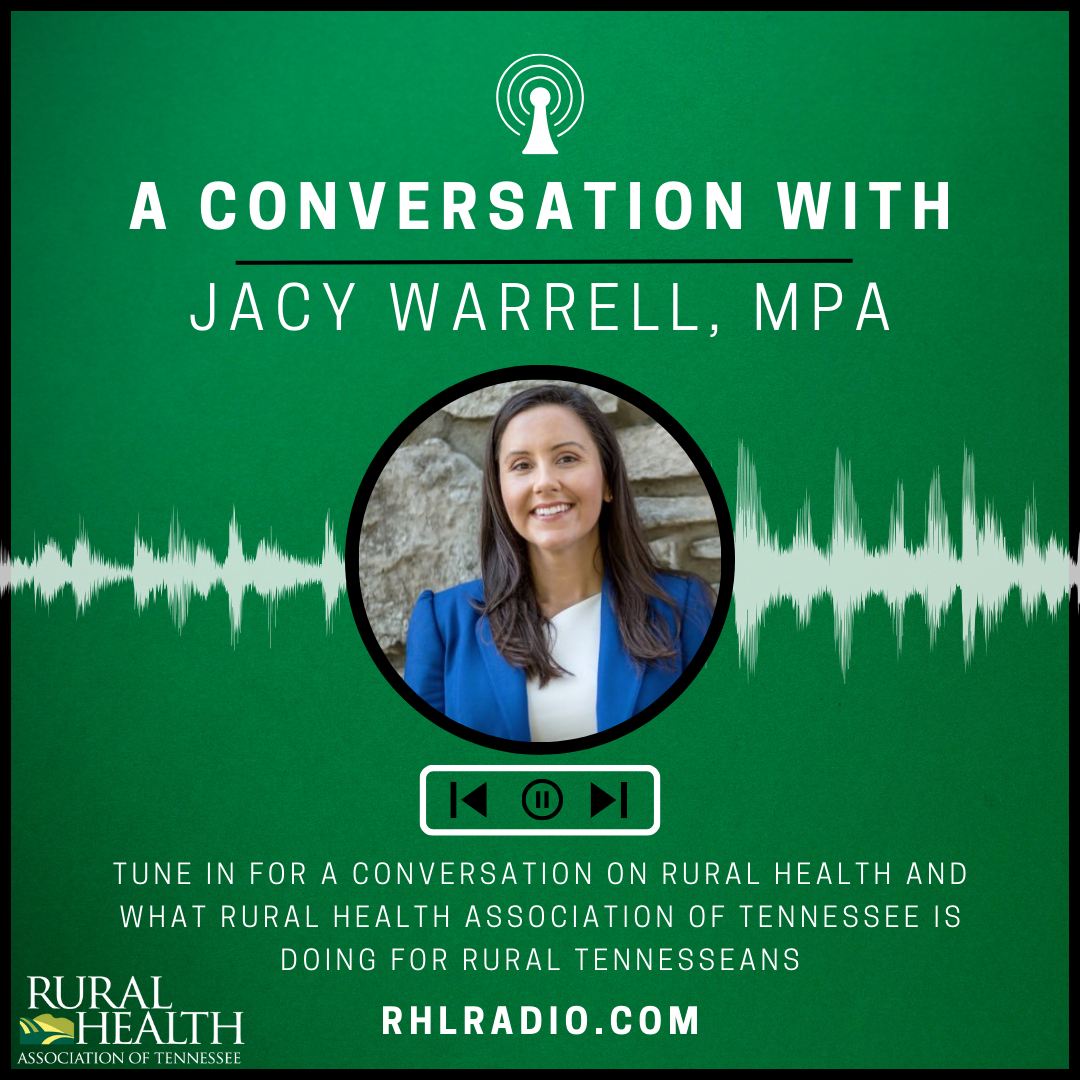 valuable insights into the challenges and initiatives related to rural healthcare in Tennessee. It's clear that addressing the gaps in rural health is a top priority for her organization.
valuable insights into the challenges and initiatives related to rural healthcare in Tennessee. It's clear that addressing the gaps in rural health is a top priority for her organization. 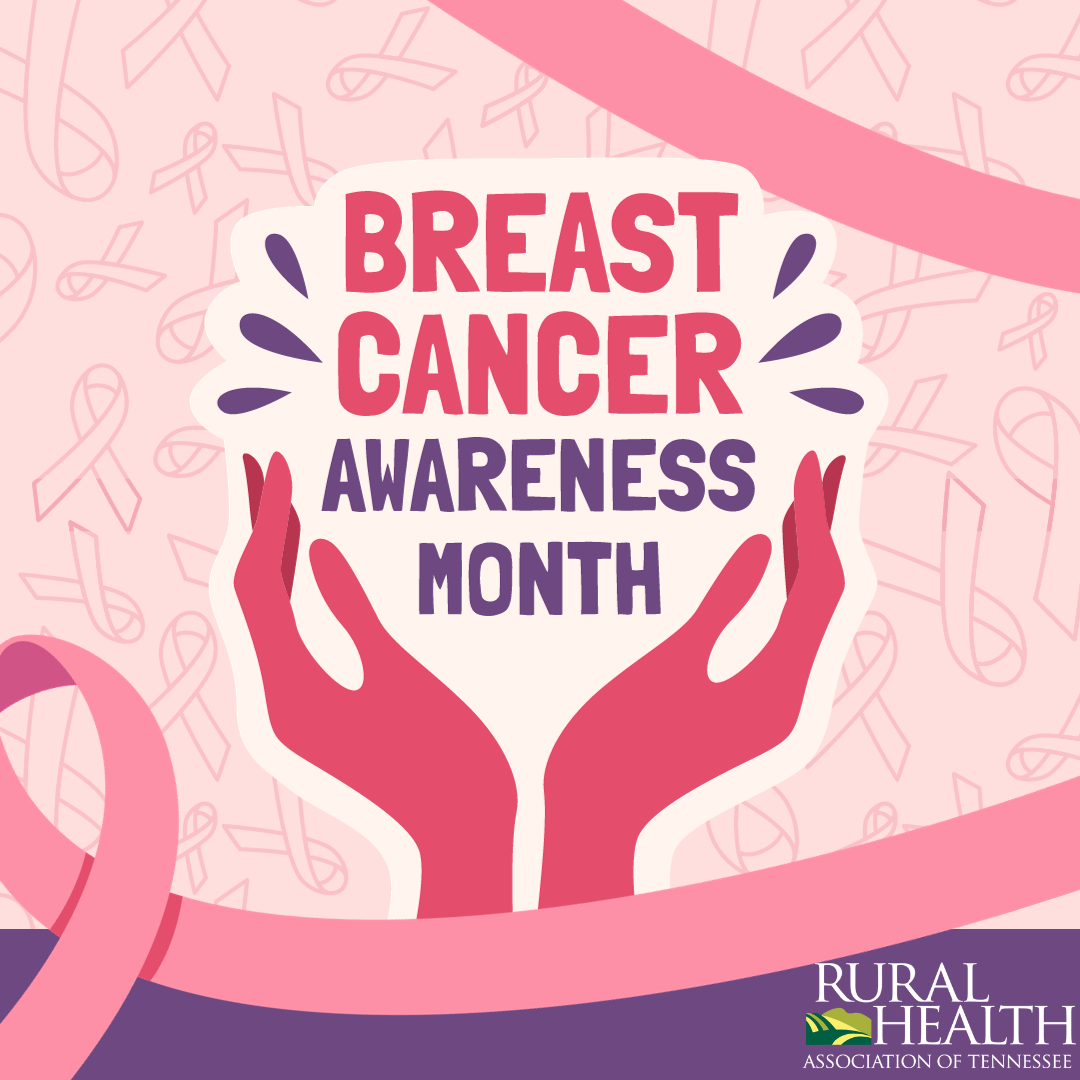 Breast Cancer Awareness Month is about empowering individuals, reducing the impact of breast cancer, and working towards a world where the disease no longer poses a significant threat to women's health. Awareness empowers individuals with knowledge about the disease, its risk factors, and the importance of early detection. By understanding breast cancer and its potential impact, people can make informed decisions about their health and take preventive measures.
Breast Cancer Awareness Month is about empowering individuals, reducing the impact of breast cancer, and working towards a world where the disease no longer poses a significant threat to women's health. Awareness empowers individuals with knowledge about the disease, its risk factors, and the importance of early detection. By understanding breast cancer and its potential impact, people can make informed decisions about their health and take preventive measures.